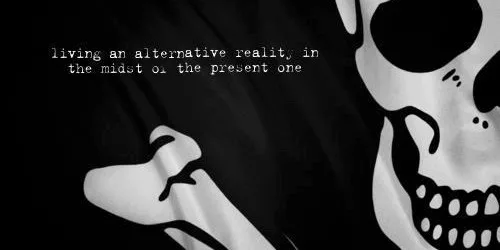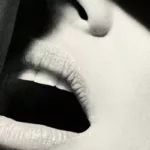Halloween has just passed and as little ghosts and skeletons have been in and out our door in a quest for excitement and candy we have been clearing out som skeletons out of our closet.
In many ways it has been the death of the old story, the old life and the old paradigm. Clearing out the old rotting story and ideas out of the closet and airing out the stink. To make room for something new, something alive and vibrant.
At the heart of our pirate theology is this idea of death as the liberator. Acknowledging that we have died to the old, yet we still live…
IN the wonderful book Mutiny, Kester Brewin writes:
‘we are the dead.’ We, the shat-on, the abused, the flogged, the ones you treated as less than human, have escaped your power, have slipped away from the identity you foisted onto us. We, the ones who you took for dead, are returning as the dead – and thus free of all fear, free of all human labels or classifications or ranks. We might say that pirates did not raise the Jolly Roger as a symbol of violence, but rather as a declaration that no more violence could be done to them. They were dead, and yet lived still
So we raise the Jolly Roger to announce our intent to stay dead to the old and rotting and to stay dead to the stagnant. We announce with Paul that the old flesh, the ego has been crucified and put in it’s tomb and now is resurrection morning. We embrace this new chance at life with reckless abandon and gusto.
What makes pirates so frightening to the powerful is precisely their lack of orthodoxy, their total lack of class and their lack of education. Theirs is an entirely different set of beliefs, based on liberties that reek of heresy. Rather than challenge them to a fair fight like good revolutionaries should, pirates raise two fingers to the whole charade… Pirates have no fear of being caught and no fear of punishment because they have already been punished enough: the law carries no deterrent when applied to those who have already suffered everything. Instead, knowing that their time is short, pirates throw themselves with an extraordinary verve into life and all its fullness. (Ester Brewin – Mutiny)
And so the day of the dead becomes a vibrant and messy celebration of life itself of love itself and of charging, assaulting life with all our hearts, all our minds and all of our strength. To not hold back anything out of fear, guilt or shame but to show up, vulnerably and powerfully in each moment just as we are.






